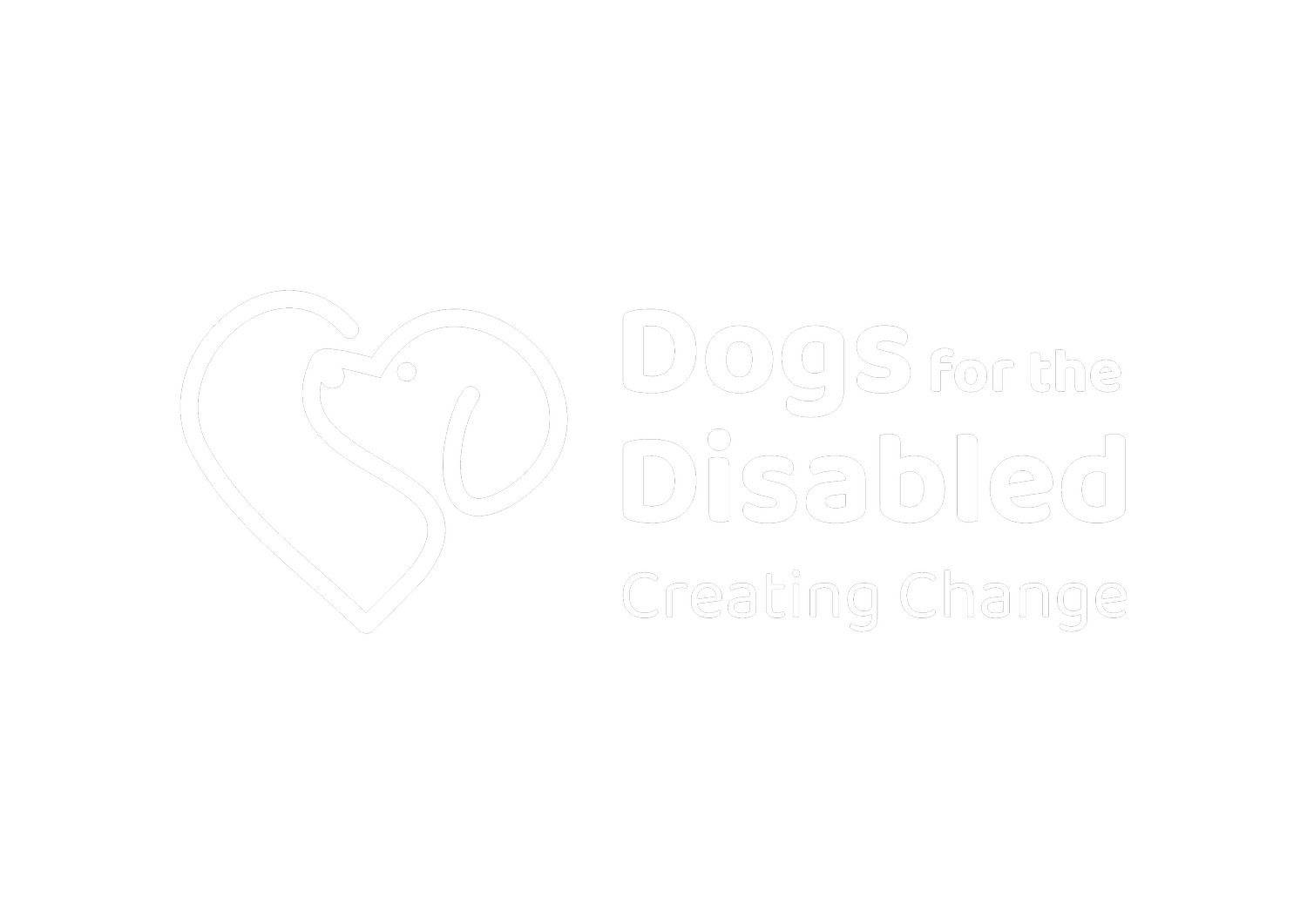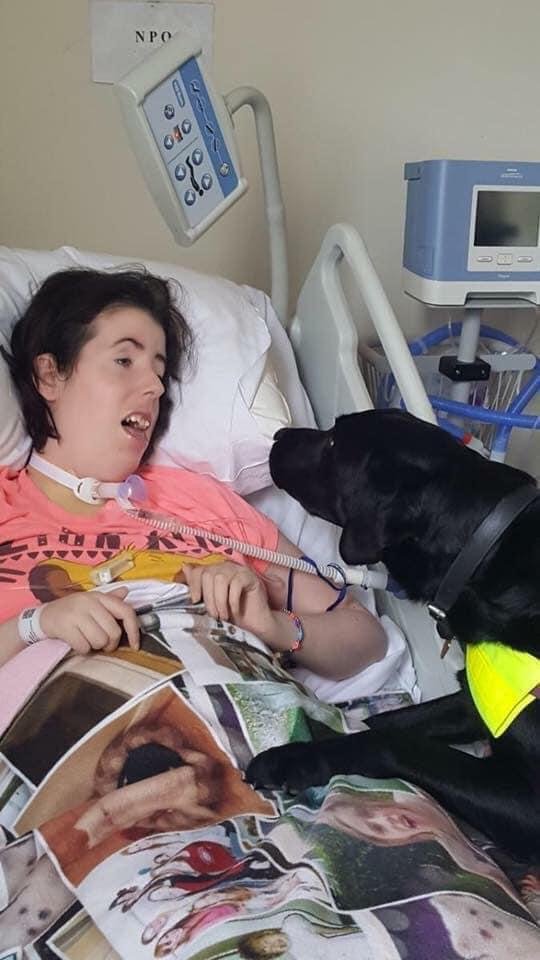
Canine Assisted Facility Dogs
We are delighted to launch this exciting programme, where health professionals are matched with a purpose-trained Canine Assisted Facility (CAF) dog. The programme has been well-established in North America with evidence-based benefits and statistics.
A health professional such as an occupational therapist, physiotherapist or psychotherapist utilises the CAF dog within their practice, as a bridge and support for clients who would benefit from the presence of a trained CAF dog.
The CAF dog is taught certain skills to ease anxiety, encourage participation and deepen the trust between therapist and client.
Canine Assisted Facility Dogs
Benefits that a CAF dog can provide to therapy sessions:
CAF dogs provide multiple impacts, aiding in physical, social and emotional healing.
CAF dogs can enhance motivation and aid in the healing process for clients by improving mental health and overall well-being.
CAF dogs can assist with functional outcome goals - physical, speech and cognitive development as well as with social interactions and language.
CAF dogs can enhance feelings of safety and well-being for those in trauma therapy and can reduce stress levels among staff, clients and others.
CAF dogs elicit positive social responses when other approaches fail, and help to mediate interactions in awkward and uncomfortable therapeutic settings.
Are you ready to commit?
You must prepare yourself for an interview on suitability
Your home and office environment, including all family members, will be assessed for suitability and safety, as the dog will reside with you
Your organisation will be required to pay all upkeep costs, agree to contract terms and understand the dog remains the property of Dogs for the Disabled
You are willing to fully participate in training and testing
The Dog In The Room
Adolescent Therapy & Play Therapy Dogs
This programme sees one of our CAF dogs attending therapy sessions with a young child or an adolescent, and a mental health professional.
CAF dogs can enhance feelings of safety and well-being for young people in trauma therapy and can reduce stress levels among therapists, clients and family members.
CAF dogs can elicit positive social responses when other approaches fail.
CAF dogs can motivate young clients to attend sessions where there may be a reluctance or lack of confidence to do so.
CAF dogs can encourage openness and help to mediate interactions in awkward and uncomfortable therapeutic settings
CAF dogs can help to build trust between client and therapist.
Are you ready to commit?
You must prepare yourself for an interview on suitability
Your home and office environment, including all family members, will be assessed for suitability and safety, as the dog will reside with you
Your organisation will be required to pay all upkeep costs, agree to contract terms and understand the dog remains the property of Dogs for the Disabled
You are willing to fully participate in training and testing
Mercy Hospital Cork
“During Mercy Week, we welcomed Hugo, a Therapy Dog from Dogs for the Disabled. He became the first dog to therapeutically visit patients at the hospital. Hugo visited patients on ten wards during his inaugural visit, touching patients and staff alike, and we’re all looking forward to his return visit.”
Hospital & Hospice Visits
This programme sees one of our dogs brought to visit a hospital or hospice facility with their caregiver who may be a member of staff.
CAF dogs on the wards can enhance feelings of relaxation and well-being for patients, visiting family members and staff.
CAF dogs can encourage openness and elicit positive social interactions between patients and staff when there is a reluctance or lack of confidence to do so.
CAF dogs can motivate patients to take small amounts of appropriate exercise around the facility.
Are you ready to commit?
You must prepare yourself for an interview on suitability
Your home and office environment, including all family members, will be assessed for suitability and safety, as the dog will reside with you
Your organisation will be required to pay all upkeep costs, agree to contract terms and understand the dog remains the property of Dogs for the Disabled
You are willing to fully participate in training and testing




